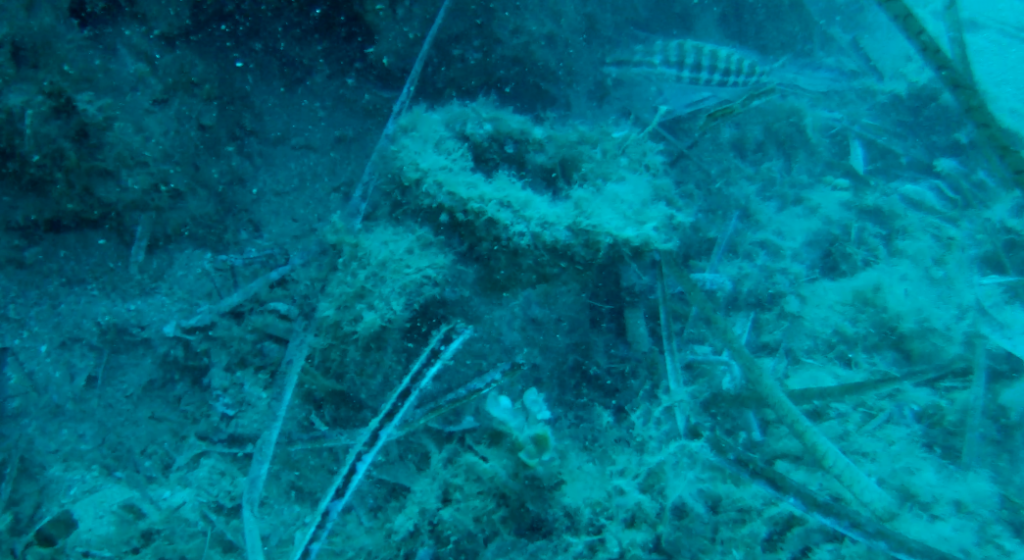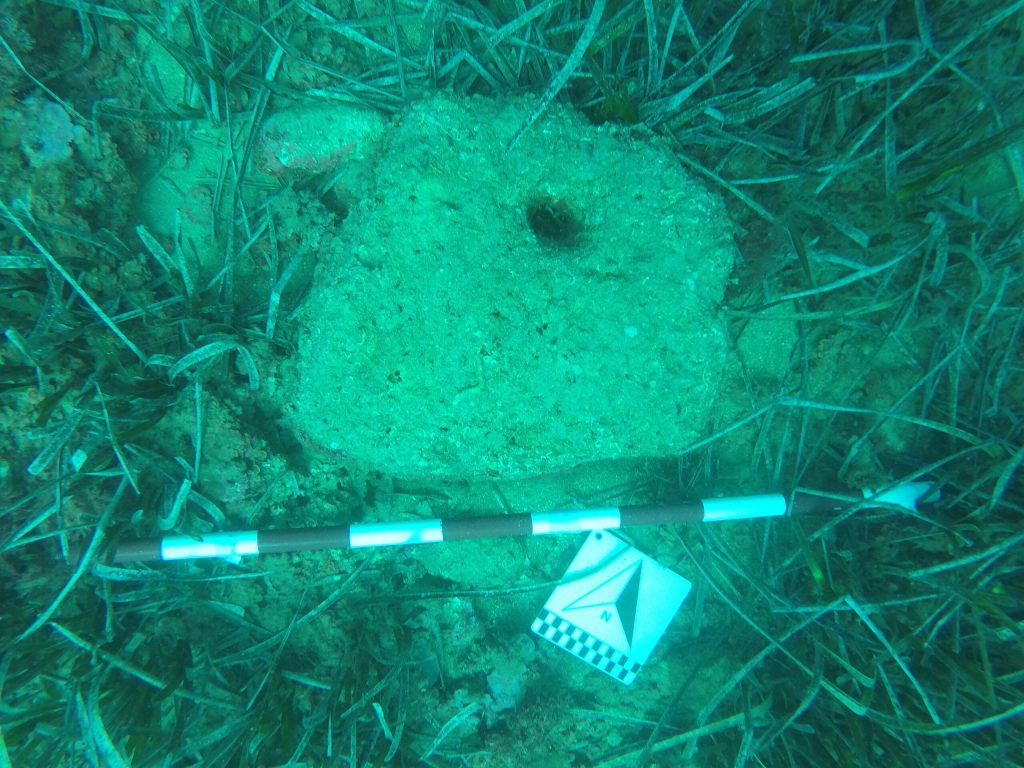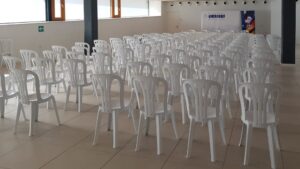Research of the Portitxol seabed will begin in the next few months
IROX called the project as “an extraordinary and exciting challenge for all those who want to promote the scientific knowledge of our sea”.

Tuesday 26th October 2021 – XÀBIA AL DÍA with Mike Smith
Within the next few months, a complete and exhaustive investigation of the bay of Portitxol Bay seabed will begin, an enclave that, in each new specialized dive that will take place, will reveal new remains of its great past as a safe port for many civilizations.
The study will be led by the technicians of Alicante University will allow not only to continue uncovering archaeological remains, but to discover more about the maritime and commercial behaviour of an era of important economic trade and confluence of cultures. According to the Xàbia Oceanographic Research Institute (IROX), it is “an extraordinary and exciting challenge for all those who want to promote the scientific knowledge of our sea, its biology, its history and our relationship with it throughout our lives.”

The “small port” (Portitxol) has been an ideal enclave for many years, serving as a refuge for ships of all kinds that sailed the waters of the Mediterranean. This has led to its seabed becoming a sample of sailors and civilizations for more than 2,700 years. That is why this research must be considered “as one of the most exciting challenges of underwater archeology on our shores”, according to the IROX.
Since the Soler Blasco Museum gave the green light to the study and commissioned it to underwater archaeologists Alejandro Pérez and Jordi Blázquez, anchors and remains of tools have been found on the seabed. The large number of anchors found, of different origins and dates, gave way to a large accumulation of amphorae, ceramic remains and a set of Roman gold coins “which foreshadow a discovery probably more extraordinary,” emphasizes the IROX.




